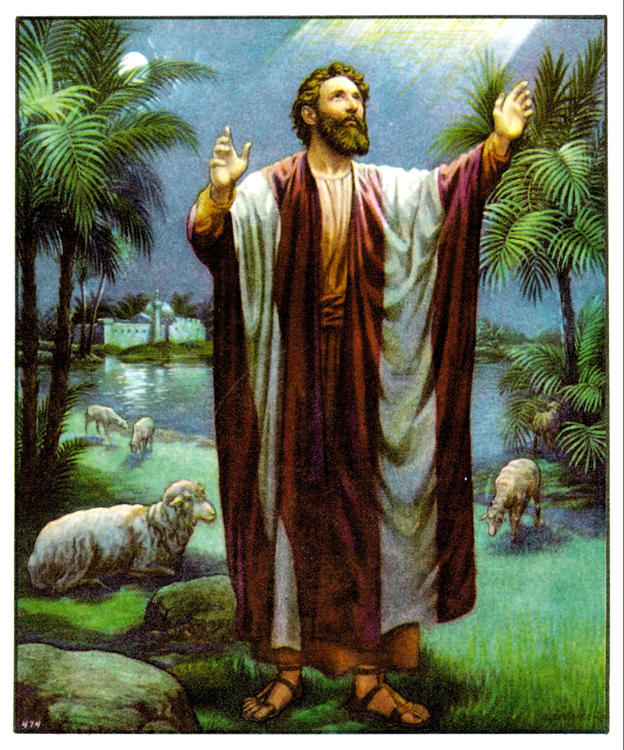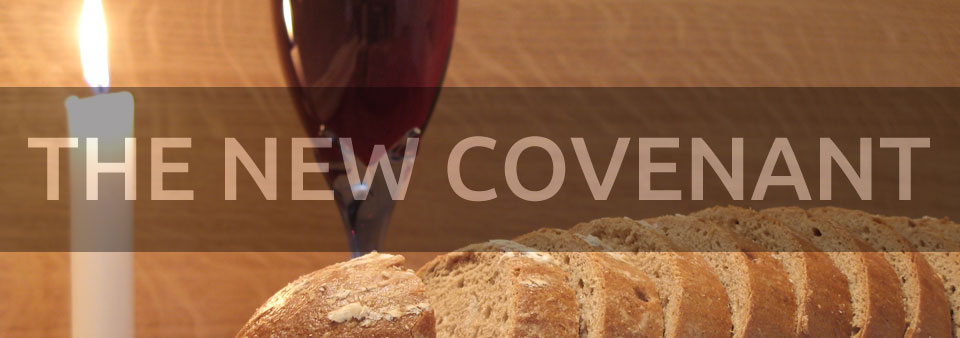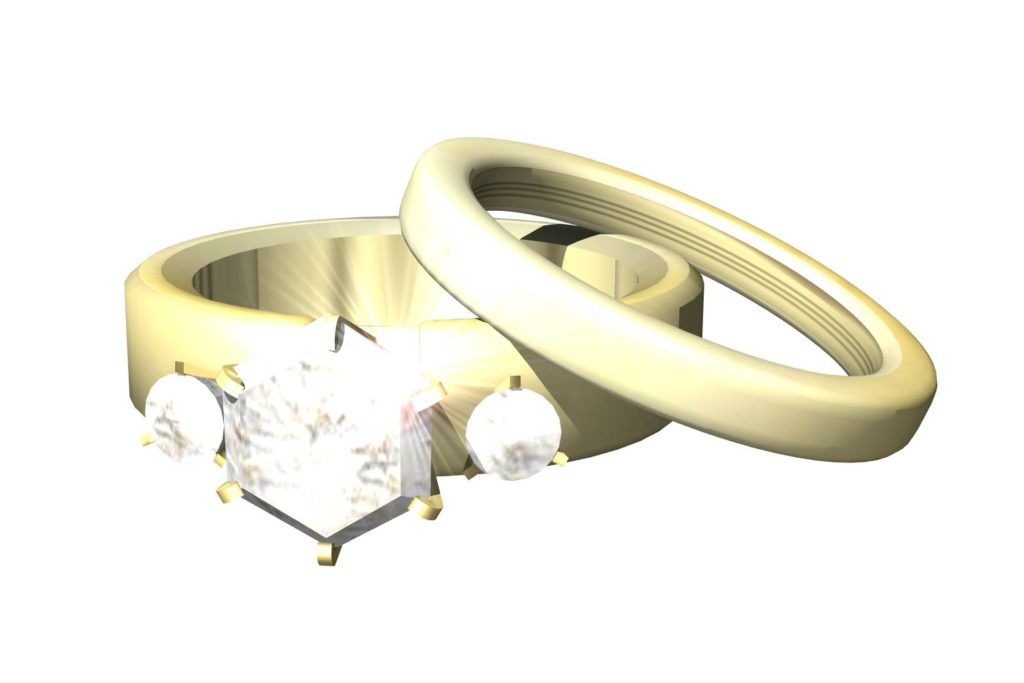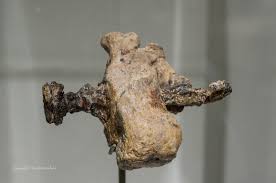
One of the mottos of this ministry is “Connecting the message of the gospel to its Torah roots.” The commentary below on Gen 15:17–18 below is a prime example of this, and is something I love to do.
Why does it bring me such pleasure? For several reasons. It strengthens my faith in Messiah to see him prophesied about in the Bible thousands of years before his incarnation. It strengthens my faith in the Bible as the Word of Elohim. No one but the supreme sovereign omniscient superior mind of our Creator could have predicted such things long before they occurred. No other religion or religious book on earth contains such marvelous predictions as the Bible. In every way, it points to Elohim and its veracity is validated.
The other day, someone commented on my YouTube channel that it is pure human imagination to envision Yeshua prophesied about in the Tanach, that he isn’t in there. Then this sad soul went on to blather that Yeshua is not the Messiah, etc., etc. ad nauseam. The Bible says not to answer a fool according to his folly, for he will simply trample the pearls of truth like a swine shooting around in the muddy swill of his blind existence. There is none so blind as he refuses to see!
May the discussion below strengthen your faith in the Bible, in YHVH Elohim and in Yeshua the Messiah! Natan
In Genesis 15:17–18a, we read,
And it came to pass, that, when the sun went down, and it was dark, behold a smoking furnace, and a burning lamp that passed between those pieces. In the same day YHVH made a covenant with Abram …
What is the meaning of this? This is nothing other than YHVH giving Abram a prophetic vision of Yeshua the Redeemer of Israel dying on the cross paying for the sins of Abram’s descendants who would break that very covenant that YHVH had made with Abram on that day. Both Jewish and Christian biblical commentators recognize aspects of this truth, but they don’t have fuller prophetic picture. This we will explain below.
Let’s first establish the fact that YHVH passed through the pieces of a sacrificed animal. Rashi, the medieval Jewish Torah scholar, recognizes that the Divine Presence was the one who passed through the pieces of animal while Abram slept (Rashi’s commentary on Gen 15:10). Furthermore, The ArtScroll Tanach Series Bereishis/Genesis Commentary, vol 1a, states, “The smoke [which rose up into the thick darkness (Radak)] was the ‘Cloud and thick darkness’ which appeared at the revelation of the Torah and the torch in its midst was ‘the fire’ which appeared at Sinai [see Exod 19:18; Deut 5:4]”…. [Elohim] caused His Presence, symbolized by the fire, to pass through and conclude the Covenant.… [T]he culmination of this vision was that the fire consumed the pieces, causing their smoke to ascend to heaven…” (pp. 534–535). Christian commentators Keil and Delitzsch in their commentary on this passage state, “In this symbol [i.e. the smoking pot and the fiery torch], Jehovah manifested Himself to Abram, just as He afterwards did to the people of Israel in the pillar of cloud and fire” (Hendrickson, p. 138). So both notable Jewish and Christian scholars relate the smoke and the fire Abram saw pass between the pieces of meat to YHVH’s Presence in the cloud and pillar of fire that led Israel in the wilderness. We read in Exodus 13:21,
And YHVH went before them by day in a pillar of a cloud, to lead them the way; and by night in a pillar of fire, to give them light; to go by day and night.
Then in Exodus 14:19 it is written:
And the angel of Elohim, which went before the camp of Israel, removed and went behind them; and the pillar of the cloud went from before their face, and stood behind them.
Who is this “Angel” of Elohim (in other places: he is called “the Angel” of YHVH)? Angel is an unfortunate translation. The Hebrew word for angel is malak (lTKN) and simply means “a heavenly or a human messenger.” Prophetically this word can refer to human messengers such as the one coming in the spirit of Elijah prior to Messiah’s coming, as well as to the Messiah himself (“Messenger/Malak of the covenant” in Malachi 3:1). In Genesis 32:22–30, Jacob wrestles with a man the Scriptures identify as the Malak of YHVH (Hosea 12:3-5) and whom Jacob called Elohim (Hos 12:3–4). This same Individual redeemed Jacob (Gen 48:18) and is identified with the Malak of Elohim … the Elohim of Bethel (Gen 31:11 and 13), and appeared to Moses at the burning bush (Exod 3:2). Now we see this same Entity leading Israel in the wilderness. Again who is he? Stephen in Acts 7:37–39 identifies the Messiah (i.e. “that Prophet” Moses mentioned in Deut 18:15) with the “Angel” or Heavenly Messenger which spoke to the children of Israel from Mount Sinai and who gave them the “living oracles,” who the Israelites later rejected for pagan gods. Paul elsewhere said of this same Personage that the Israelites did “all drink the same spiritual drink: for they drank of that spiritual Rock that followed them: and that Rock was Messiah” (1 Cor 10:4).
Of that pillar of fire that led them, we see that it gave them light, and we know that light is a biblical metaphor for YHVH’s Torah (e.g., Prov 6:23). Additionally, we know that Yeshua the Messiah is the Light of the World (John 1:6–9; 8:12; 9:5)—the Word of Elohim in living form (personified; John 1:1–14).
So, to connect the dots, we see that Abram saw a vision of the pre-incarnate Yeshua passing through the pieces of meat as he ratified the Abrahamic Covenant. He accepted the offering as it went up to heaven in a cloud of smoke even as fire came forth from the same cloud in the holy of holies in the Tabernacle Moses and the same pre-incarnate Yeshua accepted the first sacrifice on the altar of sacrifice (Lev 9:24, see also Judg 6:20–21; 13:19–20).
But there is more.
The Jewish sages recognize that the smoking furnace Abram saw in his vision is a picture of Gehinnom (the valley in Jerusalem where in ancient times the city’s garbage was burned making it a poetic and prophetic representation of Elohim’s fiery judgment upon the wicked) or four periods of future judgment that would come upon Israel as a result of her apostasy (see Rashi’s commentary on Gen 15:17). This is the rabbinic interpretation of the smoking furnace. Let us now present to you a possible Messianic interpretation of this same smoking furnace.
In ancient biblical times when two parties would negotiate an agreement, both parties would pass through the animal halves symbolizing the life and death consequences of violating the terms of the agreement. A death curse was literally placed upon the one who would break the covenant.
In the case of the Abrahamic Covenant, we see that Yeshua in his pre-incarnate state was the one who passed through the pieces of meat while Abram slept. This signifies that Yeshua took upon himself the curse of death if either he or Abraham (or his descendants) in any way violated the terms and conditions of the Abrahamic Covenant. We know that Abrahams descendants did not remain faithful to their covenants with YHVH. YHVH used the Babylonians, Persians, Greeks and the Romans to punish them, but this punishment did not redeem them from having violated their covenantal agreement. Yeshua, YHVH’s heavenly Messenger, took that full responsibility upon himself when he passed through the pieces of meat. He took upon himself the full and unconditional consequences of the sinful actions of Abraham’s descendants, which are the saints (Gal 3:29). The fiery wrath of Elohim’s judgment against sin (i.e. violation of Torah, see 1 John 3:4) came upon him and he was crucified by the Romans at Calvary. It is through the shed blood of Yeshua who paid for our sins that we enter into renewed covenant with the same Yeshua (as did Abraham) and become sons of Abraham, as well as adopted sons of Elohim resulting in eternal life. This is the message of Paul the apostle in Epistle to the Romans. We believe that this is how Genesis 15 foretells the future apostasy of Israel, the rise of Messiah Yeshua, the Savior and Redeemer of Israel, and his death at the cross to pay the legal price for their sins of rebellion and disobedience to YHVH and his commandments.










